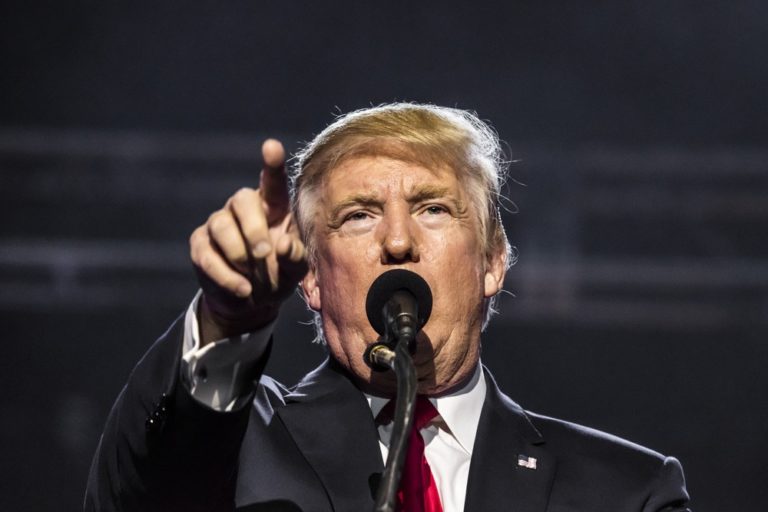Key Takeaways:
- President Donald Trump has removed a national database tracking misconduct by federal law enforcement.
- The database, called NLEAD, recorded over 5,200 incidents of misconduct.
- This move reverses a policy set by former President Joe Biden.
- The decision has sparked debate about accountability in law enforcement.
What Just Happened?
President Donald Trump made a significant move shortly after returning to the White House. He ordered the Justice Department to delete a nationwide database that tracked misconduct by federal law enforcement officers. This database was known as the National Law Enforcement Accountability Database, or NLEAD.
NLEAD was created to keep track of incidents where federal officers and agents misbehaved. It included over 5,200 reported cases of misconduct across various agencies. By deleting this database, Trump also reversed President Joe Biden’s earlier executive orders related to policing.
Why Was the Database Created?
The NLEAD database was established to promote transparency and accountability within law enforcement. It aimed to keep track of officers who engaged in misconduct, such as excessive force, discrimination, or other unethical behavior. The idea was to have a centralized system where this information could be stored and accessed.
By having this database, the public and oversight agencies could monitor patterns of misconduct. It also helped in identifying officers who might need additional training or disciplinary action.
What Did the Database Include?
The NLEAD database contained detailed records of over 5,200 incidents involving federal law enforcement officers. These incidents included:
- Use of excessive force: Cases where officers used more force than necessary, potentially harming individuals.
- Civil rights violations: Situations where officers allegedly violated someone’s rights, such as through racial profiling or wrongful searches.
- Discrimination: Instances where officers were accused of treating people unfairly based on race, gender, or other characteristics.
- Other misconduct: This could include dishonesty, corruption, or other unethical behavior.
The database was a tool for ensuring that officers who engaged in misconduct were held accountable. It also helped agencies identify systemic issues within their ranks.
Why Did Trump Remove the Database?
President Trump has long been a supporter of law enforcement. His administration often emphasized backing police departments and criticized efforts to reform or scrutinize them. By removing the NLEAD database, Trump appears to be rolling back measures that were intended to increase oversight of federal officers.
Some see this move as part of a broader effort to undo policies implemented by the previous administration. Trump has frequently criticized Biden’s approach to law enforcement and has sought to reverse many of his executive orders.
What Does This Mean for Police Accountability?
The removal of the NLEAD database has raised concerns among advocacy groups and lawmakers who support police reform. They argue that without this database, it will be harder to track and address misconduct within law enforcement agencies.
Here are some potential implications:
- Less Transparency: Without a centralized database, it may be more difficult for the public and oversight agencies to access information about misconduct cases.
- Reduced Accountability: Officers who engage in misconduct may face less scrutiny, as their records will no longer be compiled in one place.
- Impact on Trust: Civil rights groups worry that this decision could erode trust between law enforcement and the communities they serve.
On the other hand, some argue that the database was not widely used or effective. They may see its removal as a way to reduce bureaucracy or shift focus to other priorities.
The Broader Debate
This decision reflects the ongoing debate about how to balance accountability and support for law enforcement. While some believe that increased oversight is necessary to ensure fair policing, others argue that it can undermine officer morale and effectiveness.
The removal of the NLEAD database is likely to be a contentious issue in the coming months. Advocacy groups, lawmakers, and the public will be watching closely to see how this decision impacts policing practices and accountability.
What’s Next?
The removal of the NLEAD database is just one of many changes expected from the Trump administration. As the debate over police accountability continues, there may be more shifts in policies related to law enforcement.
For now, the focus is on understanding the implications of this decision and how it will affect the way misconduct is tracked and addressed within federal agencies.
This move by President Trump highlights the complex and often contentious nature of policing reform in the U.S. The removal of the NLEAD database is a significant step that will likely be closely watched by advocates, lawmakers, and the public alike.










